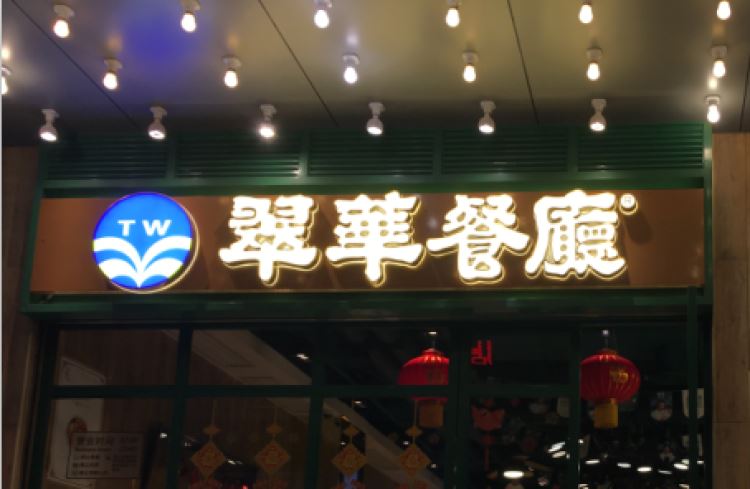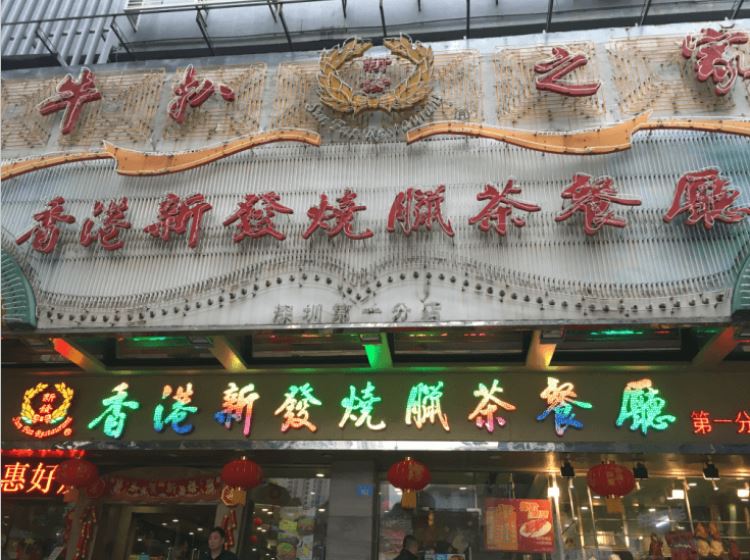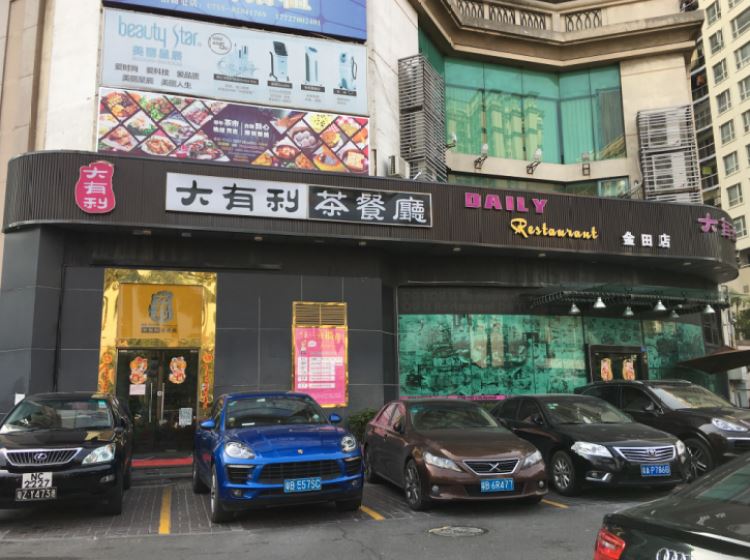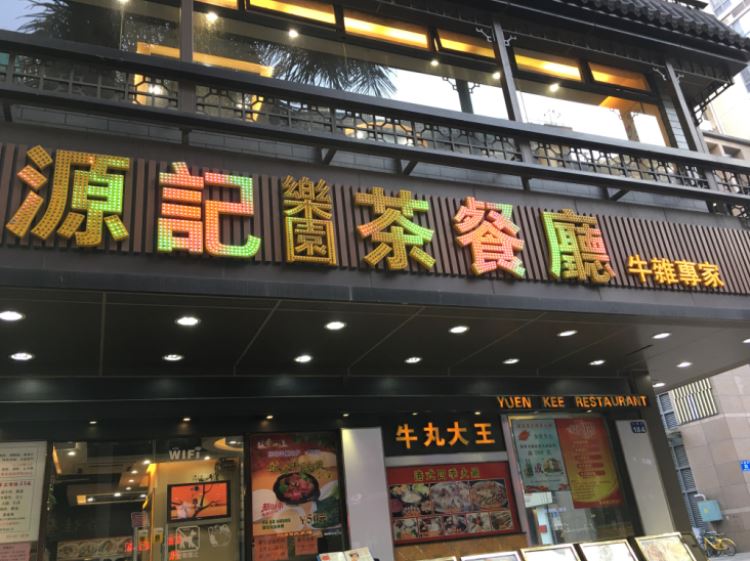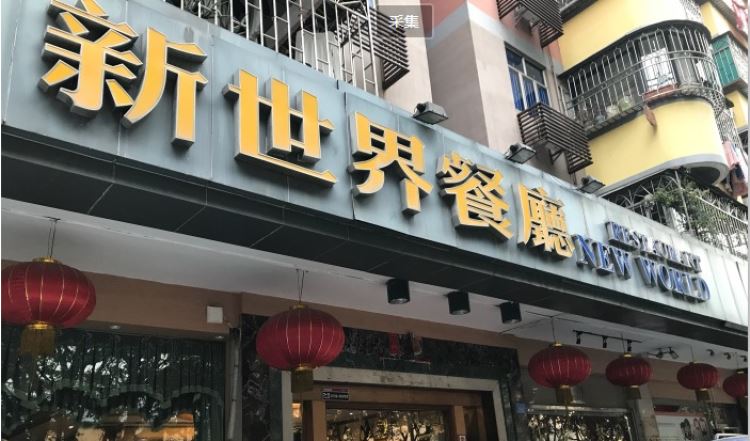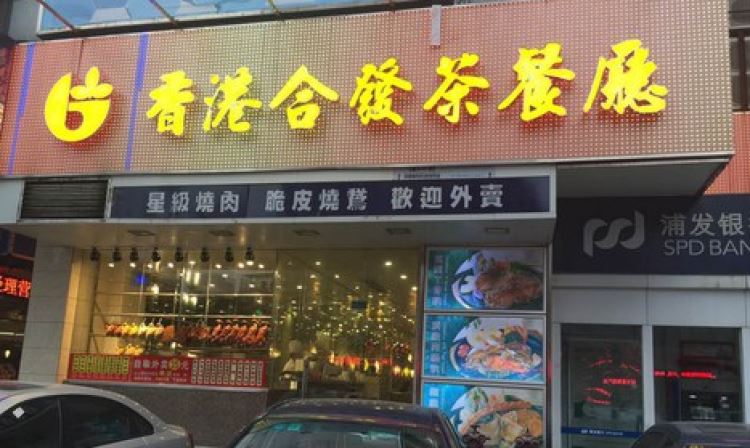Tsui Wah originated in Hong Kong, has a number of branches in Shenzhen, comfortable environment, stable quality control, is the secret of Tsui Wah's longevity.
Tsui Wah was founded as a Xiaoice House in Kam Lam Street, Mong Kok, opened the first Tsui Wah restaurant in San Po Kong in 1989, and opened the first Tsui Wah restaurant in mainland China in Shanghai in 2009, which has a history of half a century. Tsui Wah Holdings Limited was listed on the Main Board of the Hong Kong Stock Exchange in 2012 (stock code: 1314) and is the first listed café in the industry.
Tsui Wah has won numerous awards, including U Magazine, New Holiday Weekly, Next Magazine, OpenRice, China Hotel Industry Annual Conference Organizing Committee, and Hong Kong Tourism Board. Tsui Wah's central kitchen is HACCP certified, with high-quality ingredients and low-sodium sea salt and olive oil.
Pineapple buns are Cuihua's best-selling products, and every time a freshly baked pineapple bun is snapped up, there are often long queues in front of the door. I have to say that in terms of taste, seasoning, and popularity, Cuihua's pineapple buns are the best in the city. The black and white cream pig is also worth trying, the pork bun is cut in two, the white half is smeared with condensed milk and cream, and the black half is smeared with black sesame sauce, which has a unique taste. Kagoshima pork cartilage noodles, fried noodles with abalone flavor and shredded pork, stir-fried double-sided yellow shrimp balls in Jingchuan, four treasures of homemade seaweed fish, siu mei platter, and Hainanese chicken rice are all produced to a certain level.
Some people say that visiting Victoria Harbour, climbing Victoria Peak, and eating Tsui Wah are the three things you must do when you come to Hong Kong, and Tsui Wah Restaurant in Central is still a must-visit place for tourists today. In fact, Cuihua's stock price has been volatile several times, and its earnings have not been as good as expected. Tsui Wah's current chairman, Li Yuankang, and several other core shareholders were the restaurant's associates at the time, and Tsui Wah has expanded vigorously since its listing, and its stock price has shrunk for a time. The advantage of Chinese catering is that it has a wide consumer base, and as long as the taste is good enough, it is easy to retain regular customers in an area. But if you want to continue to grow, you have to standardize.
The complicated ingredients and cooking processes of Chinese catering lead to a very high cost of replication, and it is difficult to achieve complete de-cooking. It is easier to standardize Western-style fast food such as McDonald's and KFC, and it is not difficult to locate low-end fast food and hot pot to solve the standardization problem, but even low-end Chinese catering has a higher cost of standardization than Western-style catering. Tsui Wah is positioned in the middle and high-end in the mainland, and the high price means a lower turnover rate, and the higher property rent and employee compensation compress the profit margin. Although Cuihua's market value shrank by 2.2 billion in 2016, its current revenue can still rise steadily.
The decoration style of the Cuihua branch is consistent, with small round tables and booths as the mainstay, soft and comfortable leather sofas, and bright lighting in the store to make the dining atmosphere relaxed and pleasant. Wooden tables, chairs, and sofas are staggered, and beautiful chandeliers adorn the ceiling. The service is average, far below the level of Hong Kong, and there is still a lot of room for improvement. There is usually no waiting for a table, but there are customers queuing up at the front window to buy bread. In addition, Cuihua also does takeaway, so you can enjoy food at home without leaving home. However, the production of Cuihua Restaurant Bao'an Yifangcheng Branch is unstable and the health situation is worrying, so it is not recommended to go to the restaurant specifically.



